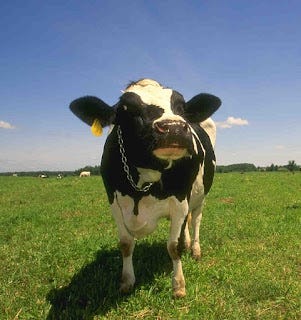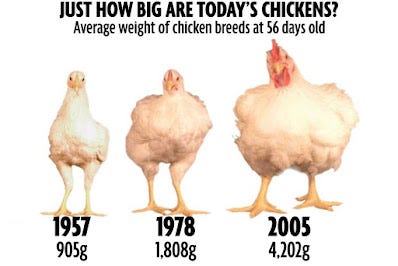The Battle for Shechitah

Bad News For The Jews. The EU now permits member states to ban shechitah, in the name of animal welfare. Incredibly, I have seen some traditional Jews express sympathy for this ruling, saying that they can understand it from non-religious perspective. I'd like to explain why this is gravely mistaken.
Some Jewish groups defend shechitah by arguing that it is painless. I don't know if that is true or not. (Some of the "scientific" defense of shechitah seems rather dated and biased. On the other hand, I have seen various quotes from Temple Grandin saying that shechitah can be done without undue pain, and that the main issue is how the animal is treated immediately beforehand.)
But what I do feel is that an alternative strategy should be considered. Because I know of no theological reason why shechitah should necessarily be entirely painless. Furthermore, if you defend shechitah on the grounds that it has "scientifically" been proven painless, then you are effectively conceding that if science proves otherwise, then shechitah should not be done.
Instead, shechitah can be robustly defended on the following grounds: that the small degree of animal suffering is fully justified for religious benefits.

No country in the world rules that no pain may be caused to animals. When there is substantial benefit to humans, all legal systems permit causing pain to animals. Medical experimentation is one example. Farming animals for food usually involves a considerable level of distress to the animals. Modern broiler chickens have been selectively bred to grow as fat and as fast as possible on as little food as possible, but such extreme growth causes skeletal malformation and dysfunction, skin and eye lesions, and congestive heart conditions. chickens, selectively bred to maximize growth and meat yield, endure serious hardship for their entire lives. Egg-laying chickens have their beaks cut off so that they do not attack each other in the crowded conditions under which they are raised, a surgery which is likely to cause acute and chronic pain. The possible suffering of animals in how they die pales into insignificance compared to the suffering of animals in how they live. Yet all this is legal in every country, for human benefit. Belgium - the country at the forefront of the opposition to shechitah - even permits sport hunting!
Given the amount of animal suffering which is perfectly legal in every country in the world, one can only conclude that the targeting of shechitah has less to do with compassion for animals and more to do with hostility to religion.
Shechitah is the only means by which Jews can eat meat. Eating meat is a legitimate activity (animals also eat animals!), and Judaism is an ancient way of life which deserves respect. Even if shechitah does cause some brief pain to animals, it is justified - especially since the suffering is not of long duration. I think that this is ultimately the correct defense (although I will admit that I am not certain if, strategically speaking, it is the best defense to use).
At the same time, this means that the kosher meat industry certainly could improve a lot in terms of how the animals are treated before shechitah. I'm always amazed at how people who are makpid about every minutiae of rabbinic chumra are often entirely unconcerned with the d'Oraisa of tzaar baalei chaim. As Rabbi Aryeh Carmell ztz"l wrote:
It seems doubtful… whether the Torah would sanction “factory farming,” which treats animals as machines, with apparent insensitivity to their natural needs and instincts. (Masterplan, p. 69)
Many halachic authorities are of the opinion that minor benefits and financial benefits, such as those obtained via factory farming, do not warrant causing pain to animals. It is true that the majority opinion is in the other direction. Still, considering that many people are fastidious to meticulously fulfill the laws of kashrus according to all opinions, such punctiliousness should surely also apply to the laws of tzaar baalei chayim. That is to say, since there are opinions which state that financial benefits (such as those enabled through factory farming) do not justify the suffering thereby caused to animals, those who are meticulous to follow all opinions should surely be consistent and refrain from consuming animals farmed in such a manner.
Rav Eliezer Melamed discusses the topic of hens that are starved in order to then make them enter a new cycle of laying eggs. He quotes none other than Rav Yitzchak Weiss - of Manchester and then of the Edah Charedis - who says that even though there is no technical problem of tzaar baalei chaim here, someone who wants to conduct himself via middas chassidus will refrain from this.
There should be a "glatt" push for heritage chickens rather than factory chickens. Additionally, they should be working to ensure that farmed animals suffer as little as possible, whether they are farmed for food or fur. Aside from the innate importance and value of that, I'm sure it would assist in the general campaign to defend shechitah. If the Jewish community demonstrated greater sensitivity for animal welfare than the general population, it would be a tremendous kiddush Hashem and a powerful shield against attacks on shechitah.
(If you'd like to subscribe to this blog via email, use the form on the right of the page, or send me an email and I will add you.)


